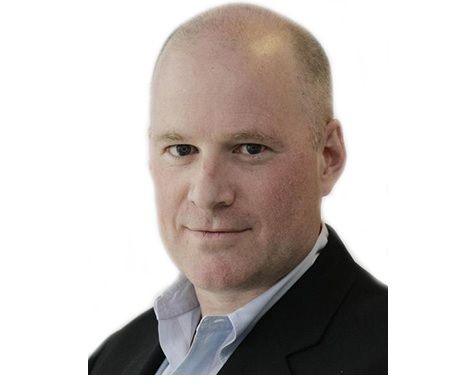The Bank of Japan’s Haruhiko Kuroda may learn that if action doesn’t work and inaction doesn’t work, the phrase “whatever it takes” loses meaning and hence power.
And I don’t mean loses meaning in a gnomic Alan Greenspan way. There is very little of the power and magic of the unknown here. We, and very possibly Japanese monetary policy, are veering towards the realm of homeopathy.
Speaking after a lack of new measures by the BOJ prompted a large sell-off in Japanese stocks and a spike in the yen, Kuroda echoed the more successful verbal intervention of peer Mario Draghi, of the ECB:
“There’s absolutely no change to our stance of aiming to achieve two percent inflation at the earliest date possible, and to do whatever it takes to achieve this,” Kuroda told a news conference. “If needed, we can deepen negative rates much more.”
He could, but he didn’t, and there is good reason to believe he won’t any time soon.
Kuroda was, after all, speaking after he decided not to cut rates further into the negative, and pushed back, yet again, the bank’s prediction for when it will ultimately achieve its 2 percent inflation target, a consummation he now thinks he’ll reach by March of 2018. Remember that action in January, when Japan went negative with rates, didn’t work too well either.
The BOJ, despite data showing that core consumer prices are contracting at a 0.3% year-on-year rate, also elected to leave its asset purchase and monetary base expansion plan where it was, adding only a small loan pool for banks in an area recently hit by an earthquake.
The rest of the data out yesterday was also, taken together, sobering. Household spending fell 5.3% from a year ago and retail sales are down 1.1%. While industrial production rose last month, the index is lower than it was in 1988, a long generation ago.
As for “whatever it takes,” the only thing we did learn is that Kuroda thinks that helicopter money, the raining of cash down on households directly and a move many expect to be his last best option, is illegal under Japan’s constitution.
“Helicopter money is a policy where monetary and fiscal measures become one,” Kuroda said. “But developed countries have learned through history to keep monetary policy and fiscal policy separate, with the central bank taking charge of the former and the government the latter.”
Reasons to sit tight, reasons to panic
Giving people money directly may be illegal, but it certainly seems a bit more direct than some of the BOJ’s current policies, such as buying up and seeking to inflate the prices of stocks in companies which give wage hikes. Yes, that’s true. Index and ETF firms have rushed to create investment products that meet the BOJ’s physical and human capital stock criteria, spelled out in March, which include salary increases.
The real difficulty with taking more steps along the lines of those the BOJ already has is not simply that they’ve in the past brought on negative market reactions, but that those market reactions are grounded in growing doubts that QE-style policies can be scaled up from here.
“This is because the monetary policy is coming close to its limit, taking into consideration the large amount of Japanese Government Bonds and ETFs that the BoJ is purchasing (the high percentage of BoJ’s holdings of JGBs; the BoJ has become a large shareholder of major companies due to aggressive ETF purchases),” Takuji Aida and Kiyoko Katahira of Societe Generale wrote in a note to clients.
“When the next opportunity for additional QE is taken, the market is likely to feel that a limit has been reached once again.”
As for going deeper into negative rate territory, that too would be a decision fraught with difficulty and danger. Recall that Japanese banks, which absolutely need to play a central role in any recovery, saw their shares sell off sharply on the back of negative rates, a phenomenon also seen in Europe.
Negative rates are toxic to the banking business model, which depends on a healthy margin between what banks pay to raise funds and what they can charge. That math breaks down as rates fall, not least because bank risk premia charged by their lenders may increase.
The most charitable interpretation of all this is that the BOJ is keeping its powder dry, able to step in later with “whatever it takes” should events make that necessary. And it is true that the international financial situation, by which we all mean China, has stabilized in recent months.
The loss of faith, and face, is the real risk, as Kuroda debases the currency of “whatever it takes.”
(James Saft is a Reuters columnist. The opinions expressed are his own. At the time of publication he did not own any direct investments in securities mentioned in this article. He may be an owner indirectly as an investor in a fund. You can email him at jamessaft@jamessaft.com)
